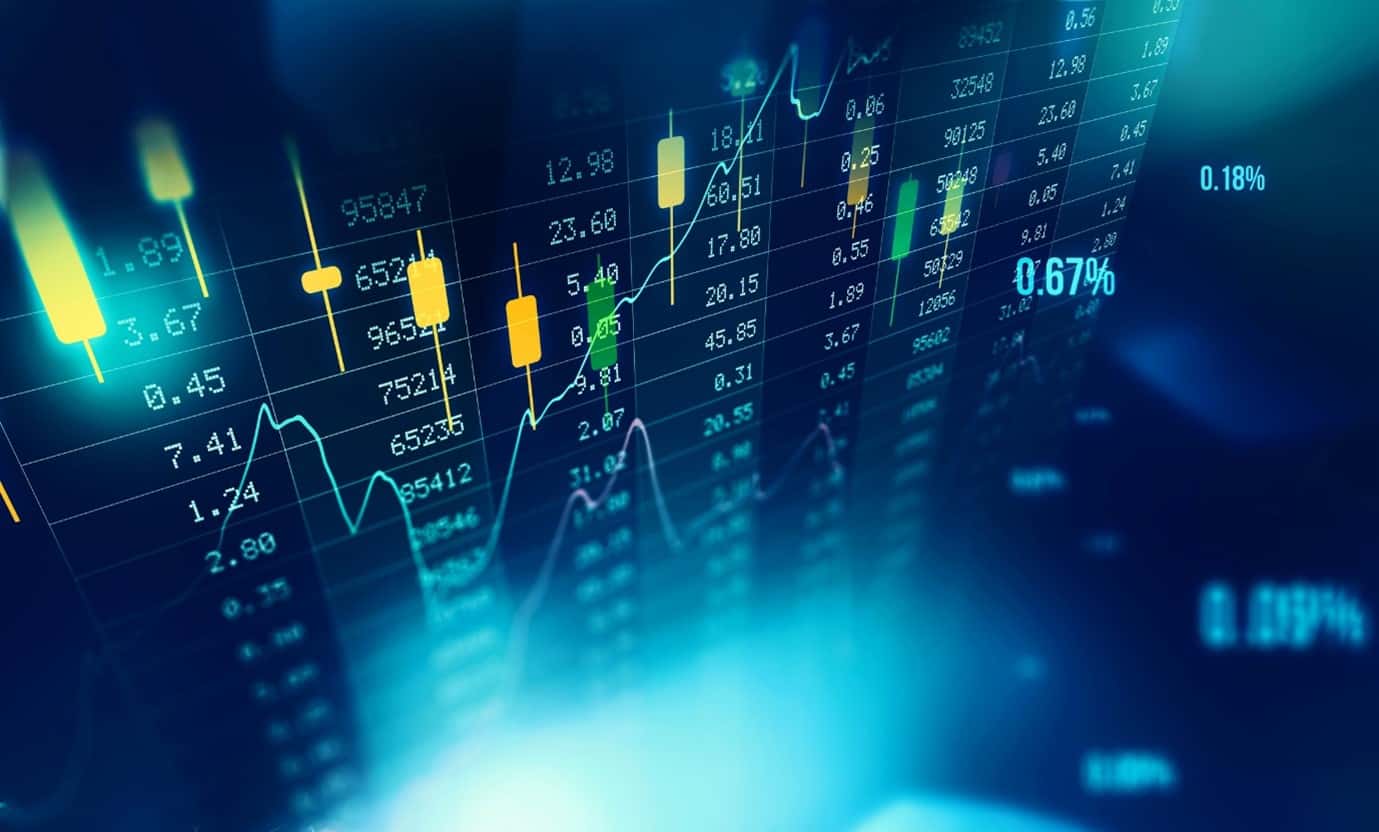In the dynamic world of finance, fintech platforms play a crucial role in shaping the narrative of economic developments across various regions. fintechzoom.com european markets today, a prominent financial news outlet, provides real-time insights, analyses, and updates on global markets, with a particular emphasis on Europe. In this article, we delve into the current landscape of European markets, highlighting key trends, challenges, and opportunities presented in today’s financial environment as reported by FintechZoom.
The Current State of European Markets
European markets are characterized by their diversity and complexity, consisting of various economies ranging from the robust German economy to the more vulnerable economies of Southern Europe. As of October 2024, European markets are experiencing a mix of recovery from the post-pandemic landscape and challenges due to geopolitical tensions, inflation, and regulatory shifts.
Market Performance
Recent reports indicate that major European stock indices, including the FTSE 100 in the UK, DAX 30 in Germany, and CAC 40 in France, have shown varied performance. While some indices have been buoyed by strong corporate earnings and a rebound in consumer confidence, others face pressure from rising energy costs and supply chain disruptions stemming from geopolitical events, particularly the ongoing situation in Ukraine.
- FTSE 100: The index has experienced slight gains, primarily driven by strong performances from sectors such as energy and consumer goods. Companies within these sectors have reported impressive quarterly earnings, reflecting resilience amid economic uncertainties.
- DAX 30: The German index has shown fluctuations as automotive and manufacturing companies navigate supply chain challenges. However, innovation in electric vehicles and sustainable practices has provided a silver lining for certain companies, signaling a potential shift towards more robust growth in these sectors.
- CAC 40: The French market has mirrored the mixed trends observed in other indices. Luxury goods companies continue to thrive, bolstered by strong international demand, particularly from Asia and the United States. However, broader economic concerns, including inflationary pressures, have cast a shadow over the index’s performance.
Inflation and Monetary Policy
One of the central themes shaping European markets today is inflation. With consumer prices rising significantly over the past year, central banks, particularly the European Central Bank (ECB), have been navigating a fine line between supporting economic growth and controlling inflation.
- Rising Inflation: Inflation rates across Europe have surged, driven by factors such as increased energy costs, supply chain disruptions, and rising demand as economies reopen post-pandemic. According to recent data, inflation in the Eurozone has reached its highest level in decades, prompting concerns among policymakers and investors alike.
- Monetary Policy Responses: In response to these challenges, the ECB has initiated a series of discussions regarding potential interest rate hikes. While maintaining accommodative monetary policy has supported economic recovery, the central bank is under pressure to address rising inflation effectively. Investors are closely monitoring ECB statements for clues on future monetary policy adjustments.
Geopolitical Influences
Geopolitical tensions continue to play a significant role in shaping European markets. The ongoing conflict in Ukraine, trade disputes, and shifts in international relations are all influencing investor sentiment and market performance.
- The Ukraine Conflict: The war in Ukraine remains a pivotal factor for European markets, impacting energy prices, supply chains, and trade relationships. The EU’s response to the conflict, including sanctions on Russia and efforts to diversify energy sources, has significant implications for market stability.
- Trade Relations: As the UK continues to navigate its post-Brexit landscape, trade relationships within Europe are evolving. Discussions around trade agreements, tariffs, and regulatory standards remain ongoing, influencing market dynamics and investor confidence.
- Global Supply Chains: Disruptions in global supply chains, exacerbated by geopolitical tensions and the pandemic, continue to affect various sectors across Europe. Companies are reevaluating their supply chain strategies, leading to shifts in sourcing, manufacturing, and logistics operations.
Opportunities in Emerging Sectors
Despite the challenges faced by European markets, several sectors are emerging as significant opportunities for growth and innovation.
- Fintech Innovations: The fintech sector in Europe is thriving, driven by technological advancements and changing consumer behaviors. Startups and established firms are leveraging technology to provide innovative financial solutions, from digital banking to cryptocurrency trading platforms. FintechZoom has highlighted numerous success stories in this space, emphasizing the potential for disruption in traditional financial services.
- Green Technologies: With the EU’s commitment to sustainability and climate change initiatives, green technologies are gaining traction. Companies focusing on renewable energy, electric vehicles, and sustainable practices are attracting investments and consumer interest. This shift towards sustainability presents lucrative opportunities for investors and entrepreneurs.
- Healthcare Innovations: The pandemic has accelerated digital transformation in the healthcare sector, leading to increased investment in telemedicine, health tech, and biopharmaceuticals. European markets are witnessing a surge in innovative healthcare solutions aimed at improving patient outcomes and reducing costs.
The Role of Regulation
Regulation continues to be a significant factor influencing European markets, particularly in the fintech sector. As new technologies emerge, regulators are tasked with ensuring consumer protection, financial stability, and ethical practices.
- Data Privacy Regulations: The implementation of stringent data privacy regulations, such as the General Data Protection Regulation (GDPR), has profound implications for how companies handle consumer data. Compliance remains a top priority for businesses operating in Europe, impacting operational costs and strategies.
- Financial Regulations: The European Union is actively working to establish a regulatory framework for cryptocurrencies and digital assets. As the fintech landscape evolves, regulators aim to create a balanced approach that fosters innovation while safeguarding consumers and investors.
Conclusion
As of October 2024, European markets present a landscape characterized by resilience, challenges, and opportunities. The FintechZoom platform serves as a valuable resource for investors, entrepreneurs, and stakeholders seeking insights into the dynamic financial environment.
While inflationary pressures, geopolitical tensions, and regulatory developments pose challenges, emerging sectors such as fintech, green technologies, and healthcare innovations offer significant growth potential. As Europe continues to navigate its economic landscape, staying informed and adapting to changing market conditions will be essential for success in this evolving financial environment.
In conclusion, the Frontier Fintech Initiative exemplifies how collaboration and innovation can drive growth and transformation in the financial services sector. By leveraging the strengths of North Carolina and fostering a culture of entrepreneurship, the initiative is poised to position the state as a leading hub for fintech development, paving the way for a more inclusive and efficient financial future.



